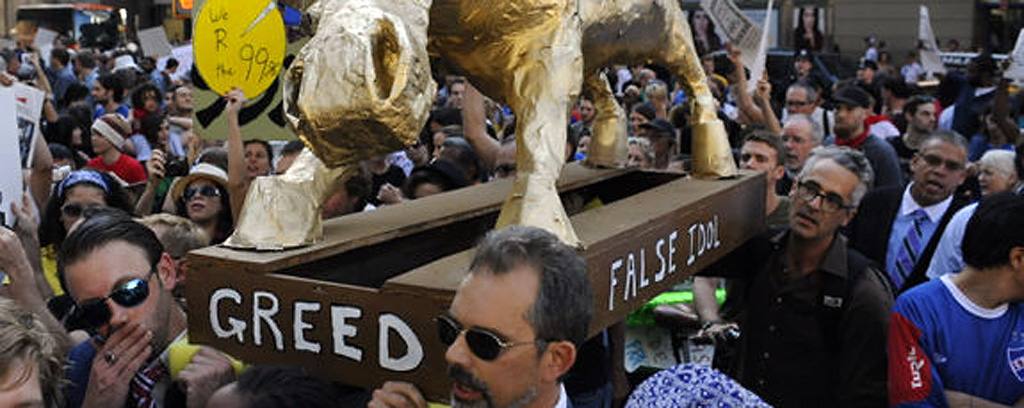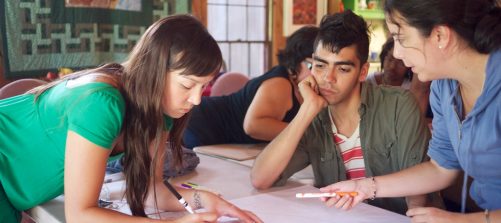Institutionalization
Together with Steve Lambert you have founded the CAA to share, discuss, and analyze tactics and strategies of artistic activism, and to link up the many groups and individuals who stress cultural creativity in their civic engagement. How has this collaborative space for interdisciplinary researchers and practitioners in artistic activism developed since its conception? What has been your experience?
Artistic activism, in so far as it brings together art and activism in a hybrid practice, is inherently interdisciplinary. There is nothing I enjoy more than bringing together people trained in different perspectives. But in order to be productive I believe that one needs a common project, the more concrete the better. I’ve been at the academy long enough to have experienced the futility of interdisciplinarity when it means debating the meaning of art, or some other abstract concern. But if you bring people together to, say, plan a campaign to address the incarceration of young black and brown men in Texas, or expose the structural inequality of public budgeting in Massachusetts (we’ve done both), then difference becomes productive.
Units of your initiative are The School for Creative Activists, a training program for grassroots activists, The College of Tactical Culture, a think-tank of artists, activists, designers and attorneys, and the Art Action Academy, a workshop to help socially engaged artists become more politically efficacious. Can you tell us more about how (and for whom) you transfer theory and practice into teaching and workshops?
It’s nothing mysterious. We introduce a lot of examples, history, theory and techniques so we all have a common vocabulary. We do exercises to help people tap into their own creativity and understand the power of envisioning alternatives. And then we workshop solutions to real-life problems that people are working on. It takes a lot of time and a lot of effort all around, but like I said, it’s basically pretty simple. We are in the process of making our entire curriculum downloadable (for free) on our CAA website, so people can see what we do for them.
And finally, what is your personal outlook for the future? Where do you think we are heading regarding developments in art, politics, and cultural resistance?
All effective activism has been creative activism. This was true for Jesus of Nazareth who staged performative protests in the main temple of Jerusalem when he kicked over the tables of the money changers or acted out a pre-figurative politics by asking women, tax-collectors, prostitutes, and the disabled to have dinner with him. It was also the case during the Civil Rights Movement here in the US which dramatized reality through acts like Rosa Parks refusing to give up her seat on a segregated bus. Or the campaign to desegregate Birmingham, Alabama, in which King and his lieutenants selected the location precisely because they knew they would meet violent resistance thereby playing out the reality of racism before the world’s news media. Or a much darker example: the spectacles and performances of the Nazi Party.
But there’s also no doubt that the conscious merging of arts and activism has become more prominent in recent decades. I think this makes sense. As we are fond of repeating at the CAA: The first rule of guerilla warfare is to know your terrain and use it to your advantage. The political topography of today is one of signs and symbols, stories and spectacles. In order to be an effective activist you have had to learn how to operate on this aesthetic terrain.
Where I hope we are heading is the wider adoption and adaptation of creative perspectives amongst grass-roots activists. This is what we are trying to do through the School for Creative Activism and our other projects. I hope we are also heading toward a more reflective and critical practice of creative activism; a practice that continually asks of itself: does it work? And then, how can we make it work better?
Thank you for the interview!
Thank you for your interest!
Florian Bettel, Elke Zobl ( 2013): Artistic activism and cultural resistance: An interview with Stephen Duncombe. In: p/art/icipate – Kultur aktiv gestalten # 02 , https://www.p-art-icipate.net/artistic-activism-and-cultural-resistance-an-interview-with-stephen-duncombe/



 Artikel drucken
Artikel drucken Literaturverzeichnis
Literaturverzeichnis